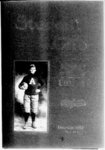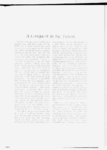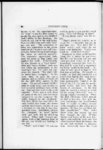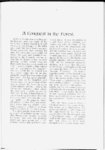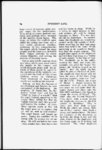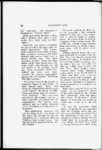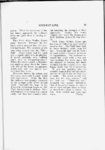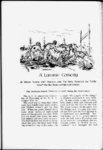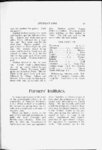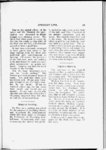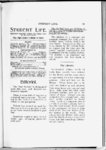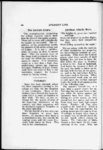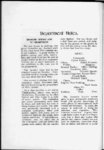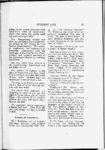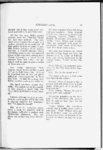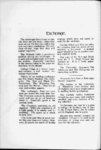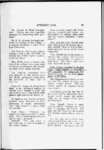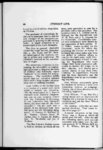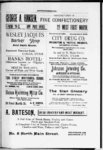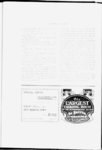| Show Christmas in Merrie England Now that Christmas is drawing near and our thoughts are turning to that time and its festivities let us go back a few centuries and see what Christmas was in “Merrie England” in the 15th and 16th centuries Let us notice especially the attitude of the people of that time to the season and to the sacred events connected with it Christmas in those days was not a single day of sport and festivity but covered a considerable period — longer even than our holiday week for it lasted from Dec 16th to “Twelfth Night” on Jan 6th It was in “Merrie England” that “Merrie” Christmas took its firmest root and this whole period was given up to a festival of sport and revelry though Christmas day Dec 25th was as now the most important day of them all The Christmas festival was “a democratic festival” —one in which all classes shared and made merry The Hospitality was universal house of the English country gentleman was open to all and on Christmas morning his great hall was thronged with tenants and neighbors Plenty of ale was brewed and all kinds of blackjacks and Cheshire cheese with toast and sugar and nutmegs were to be had The “Hackin” or great sausage was to be boiled at daybreak and it was woe to the cook if she failed to attend to this for two young men would take her each by the arm and run her around the market place publicly exposing her until At she was ashamed of herself this point it might be said that the women too had some privileges The ivy and the mistletoe wre then Christmas decorations just as they are today and the magic charm of the latter was understood and eagerly claimed Some of the people went to church on Christmas day but the majority of them at this time of the year had but little of the pious spirit They were not heathen it is true for the church had brought them ino the fold but when the Anglo-Saxo- n people were first converted in order to reconcile them the church adopted many of the harmless features of their primifestivities and ceremonies tive Though its aim was to retain merely the outer forms of these it found that it could not restrain the spirit that accompanied them Drunkenness and other forms of Yet revelry were very common we must not blame our good old English ancestors too much but rather remember that theirs was a different age from ours and that a race of such hardy men and women must needs have different forms of amusement from those of their more delicate descendants The people in those days were ignorant and rude and conse- full-blood- ed |
